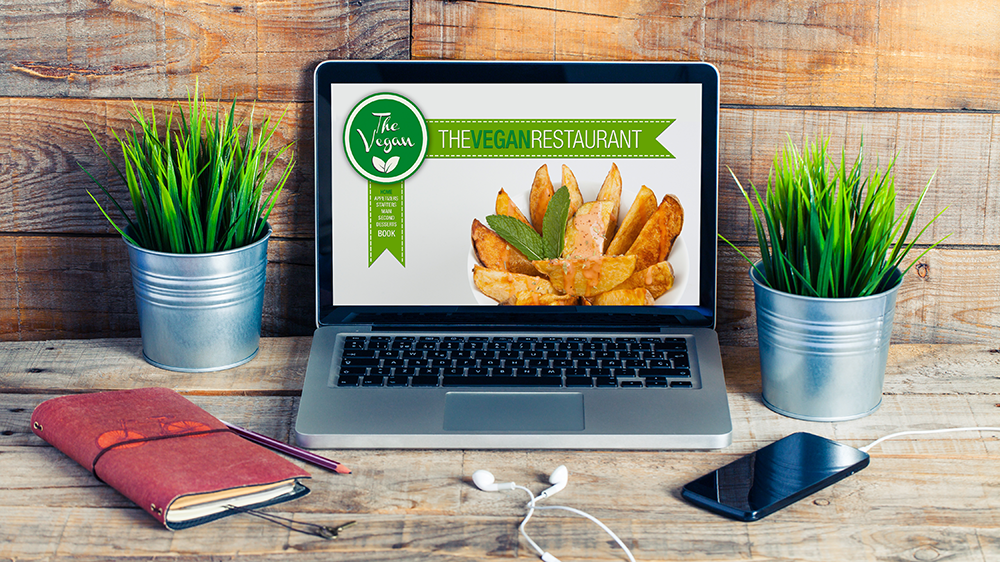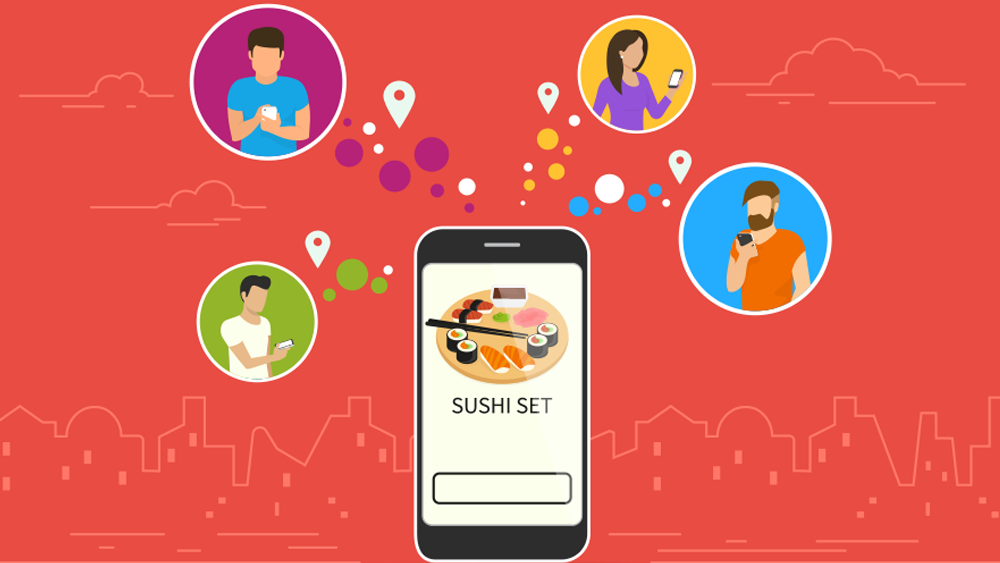
By Nora Mork, Contributor
We all hear about the wonders of the Internet and what it has done for businesses around the world, but if you still own a brick & mortar business, like a restaurant, it can sometimes be harder to see those benefits.
You don’t provide an online service and your website is basically only used to tell people your opening times, your menu, and your contact number. So, why do you need to think about search engine optimization (SEO)?
The truth is if you don’t think about, you’re going to be overtaken and left behind by your competitors. And that’s it. Today, we’re going to explore exactly how you can use local SEO to grow your restaurant business and be the best in your area.
What is Local SEO?

Just so we’re all on the same page, SEO means optimizing your website to perform the best it can be the search engines. Of course, the main and most popular search engine is Google, so we’re going to focus on that one in this post, but the general concepts work across all search engines.
By optimizing your website, you can help yourself to appear higher and higher on the search engine results page (SERPs). The higher you are, the more likely people will be to find you, and the more successful you’ll be.
While the concept remains simple, the techniques to get to that number one spot when someone types “best restaurant in ‘your hometown here’” is not. Fortunately, today we’re going to explore some of the ways you can do it.
Provide Your Customers with Value

The first and most important thing you need to remember is making sure you give every single person who goes to your website the best experience you possibly can. That means no keyword stuffing your pages. Doing so will make your pages read clunky and create for a poor user experience.
Google is also cracking down on sites that keyword stuff, so you’re better off making your text read natural. Make sure your pages are nice and clean, easy to use, and have the most up-to-date information available.
This is the key to effective SEO. Too many marketers try and implement all the techniques to get the best results, but this only harms the website because your visitors can’t easily use the website and don’t stay on it for very long; thus, harming your page’s ranking.
Optimize for Mobile Devices

When you log onto your website using a mobile device, what happens? Is everything lined up nice and neatly on the screen? Are all the buttons easy to press and all the fonts easy to read? If not, you need to make a change.
“Well over 50% of all internet traffic these days comes through mobile devices, which means there’s an over 50% chance they’re going on your website. If your website isn’t optimized, they’ll leave quickly, and you’ll harm your ranking” according to Nicolas Denning, a digital marketer for Top Canadian Writers and Student Writing Services.
What works on desktop doesn’t always translate well to mobile. The good news is many templates you can purchase come with a mobile version that does most of the work for you, but you should experience your site via mobile to see how your potential guests will experience it.
Enhance Your Contact Page

Most likely, visitors will be accessing your website to get your contact information, check out your menu, or book a table. You need to make sure this information is as easy as possible to find. With most restaurant websites, you’ll notice they put it in the top right-hand side of the screen on every page.
However, you don’t have to stop there. You’ll also want to fill out your Google Business profile, so you again come up in the search engine. You may even want to have a live chat feature that you can answer from your phone, meaning you’ll never miss a message again!
Start Content Marketing

By content marketing, I mean to start writing blogs and then post them on your website. And be sure to share them on your social media profiles. Blogs and articles are really helpful because you can bring value and education to your guests and visitors. In turn, this means they’ll stay on your website for longer, thus boosting your SEO ranking and being seen by more people.
But what sort of content marketing works for restaurants?
Let’s say you own a Japanese cuisine restaurant. On the website, you could have blog posts talking about the different types of Japanese food, how it’s made, how to make it at home, the history behind it, the culture, more information on the country, recipes, what drinks work well with what food, the styles, the flavors, the training; the list is practically endless.
The more you grow your social media profiles, the more people are likely to see your business. And linking to your website via your social media pages will help boost your search engine rankings. If you think you need help writing content for your website – be it page text or blog posts – there are several online tools that can help you create this content.
Don’t Forget to Include Local Terms
The final thing you want to think about is making sure you don’t forget the local terms to help you show up in your local area. This means writing your name, your town, your area, your county, and any other key information that can help identify you in your local area.
After all, while it’s nice to have people following your accounts from all over the world, it’s only the people in your area that are going to come in as paying customers.
About the Author
Nora Mork is a business journalist and editor at Paper Fellows. She shares her experience by speaking at tech and marketing events, and by writing articles for blogs and online magazines, such as Australian Reviewer and Boomessays.






